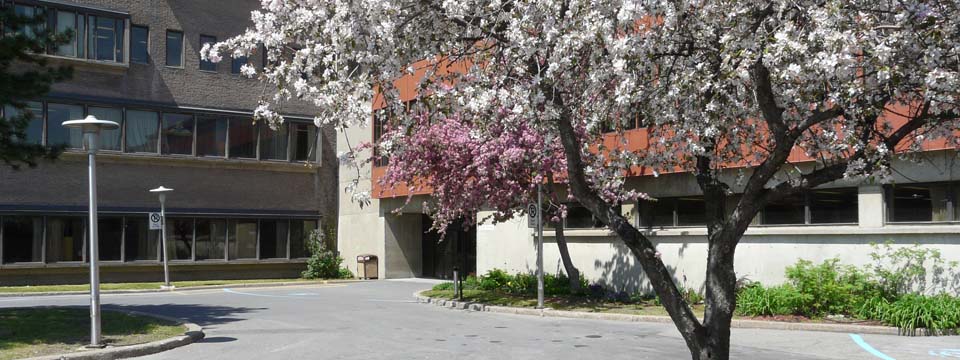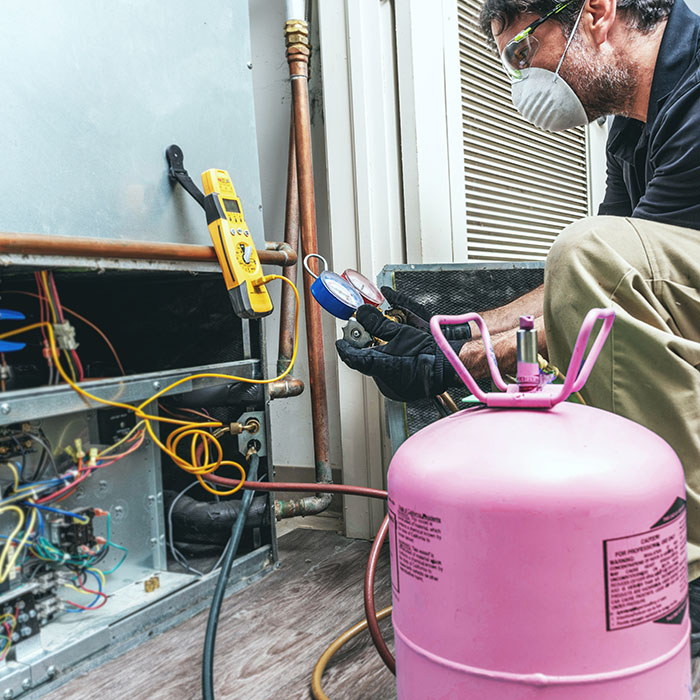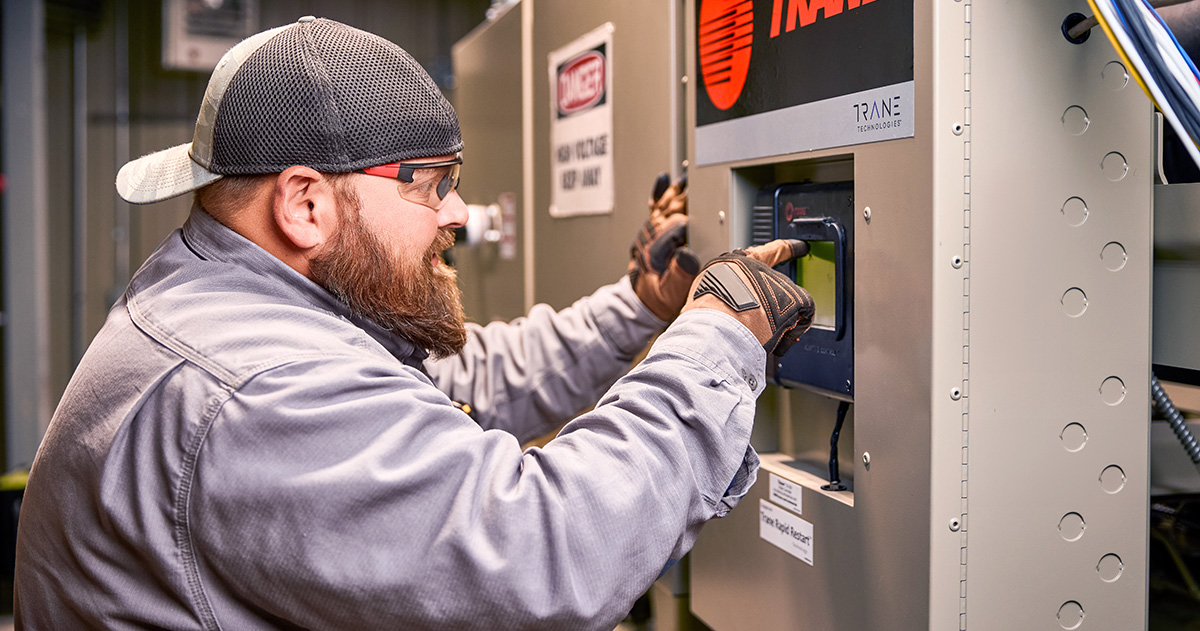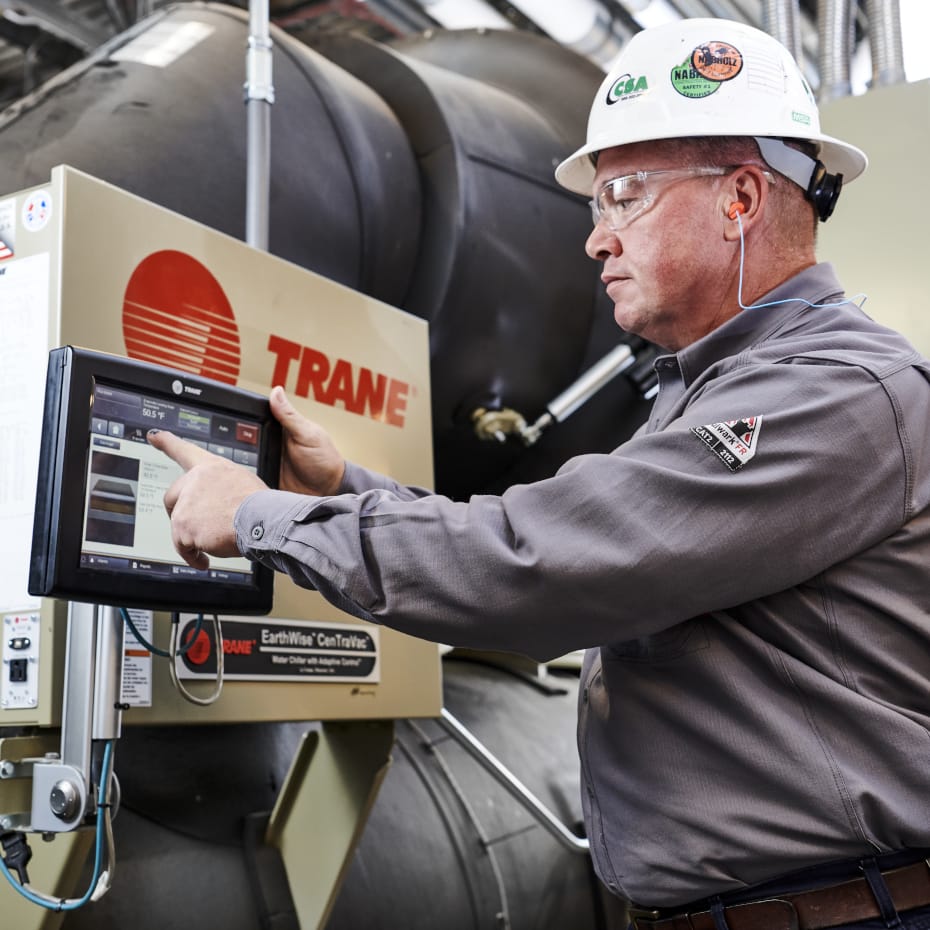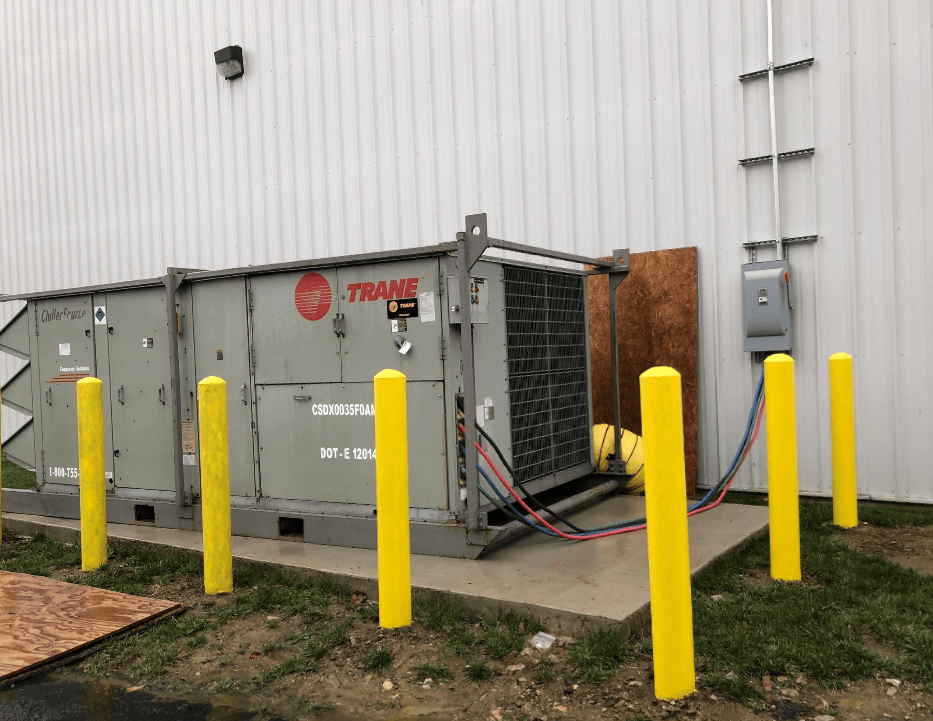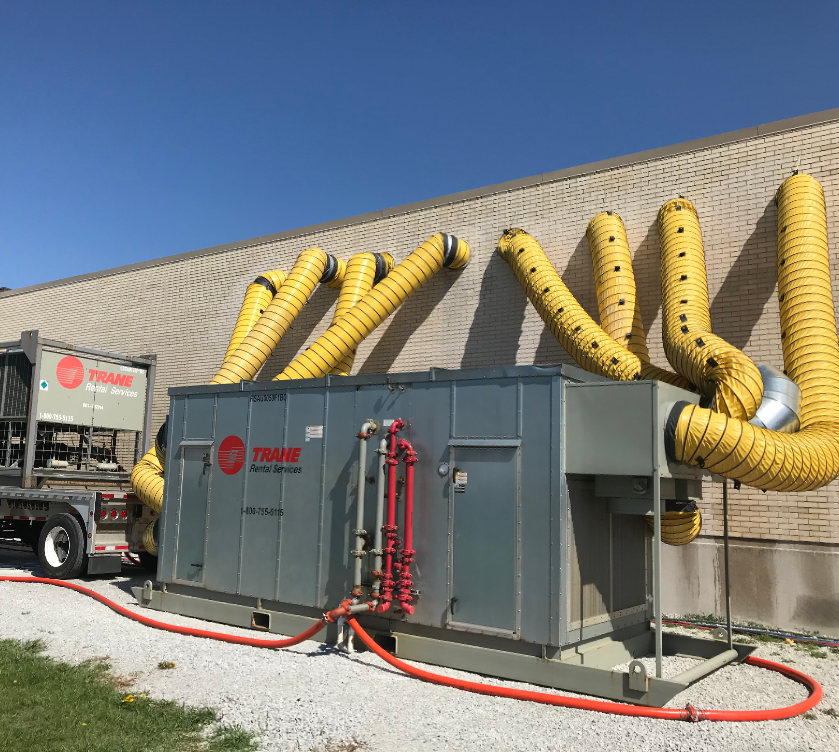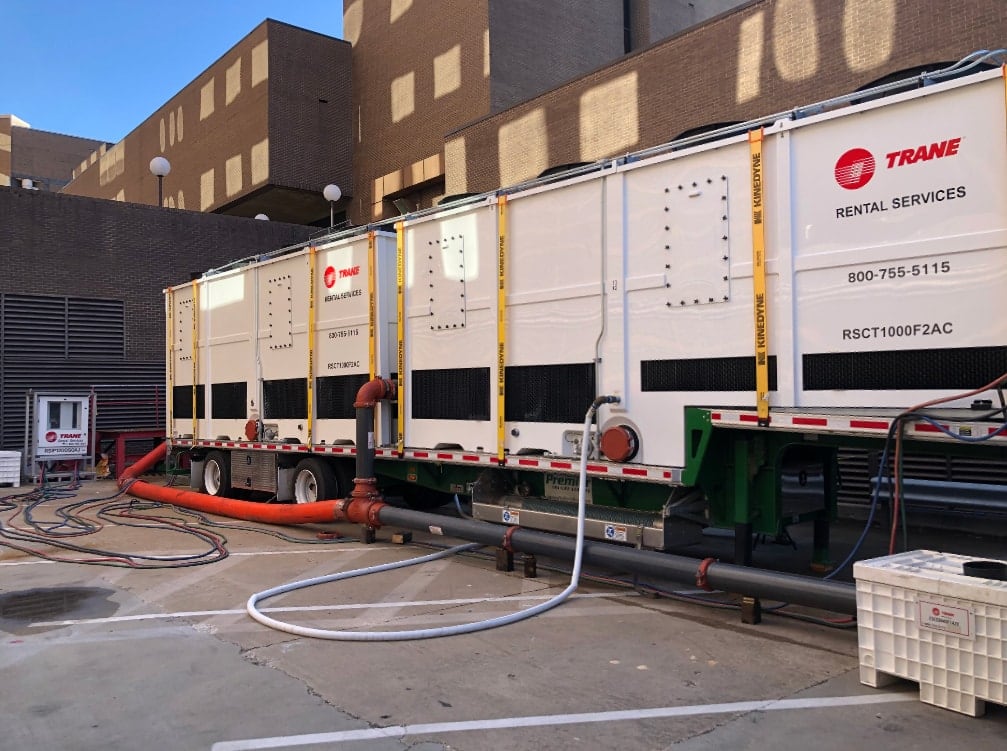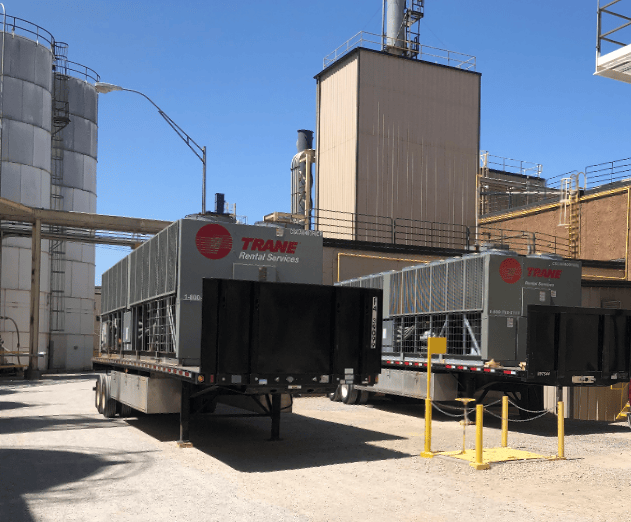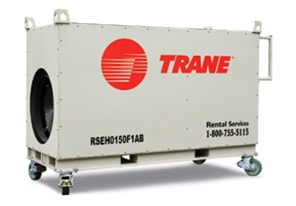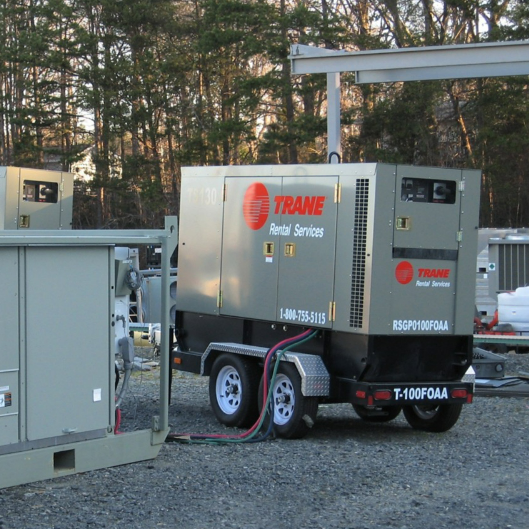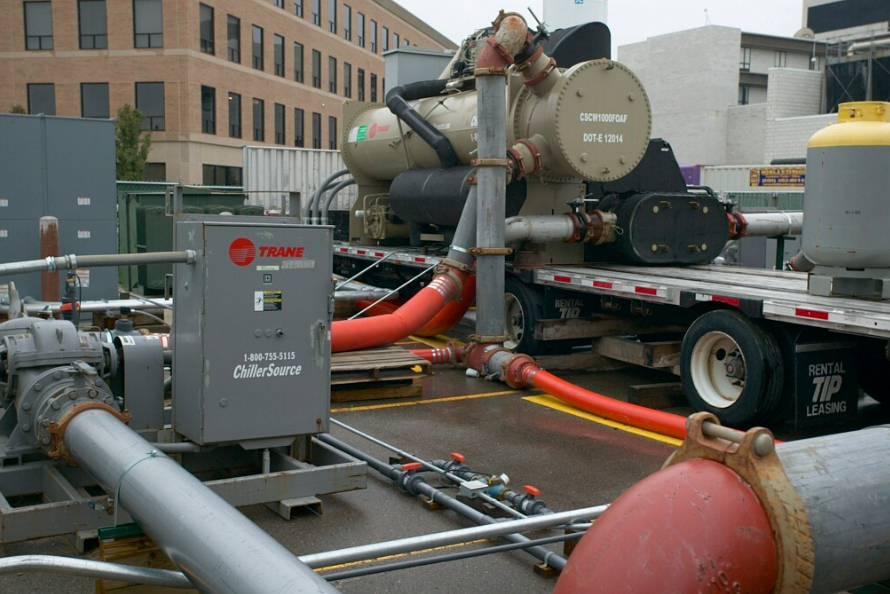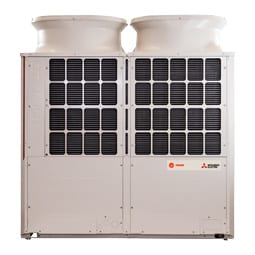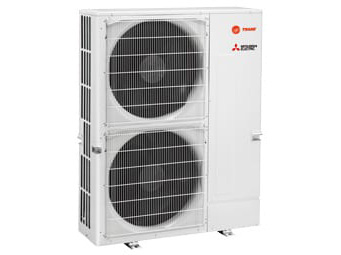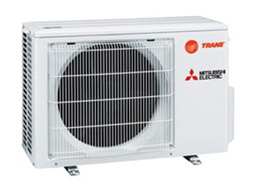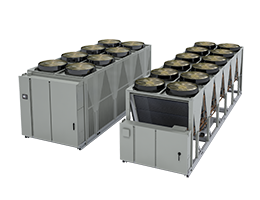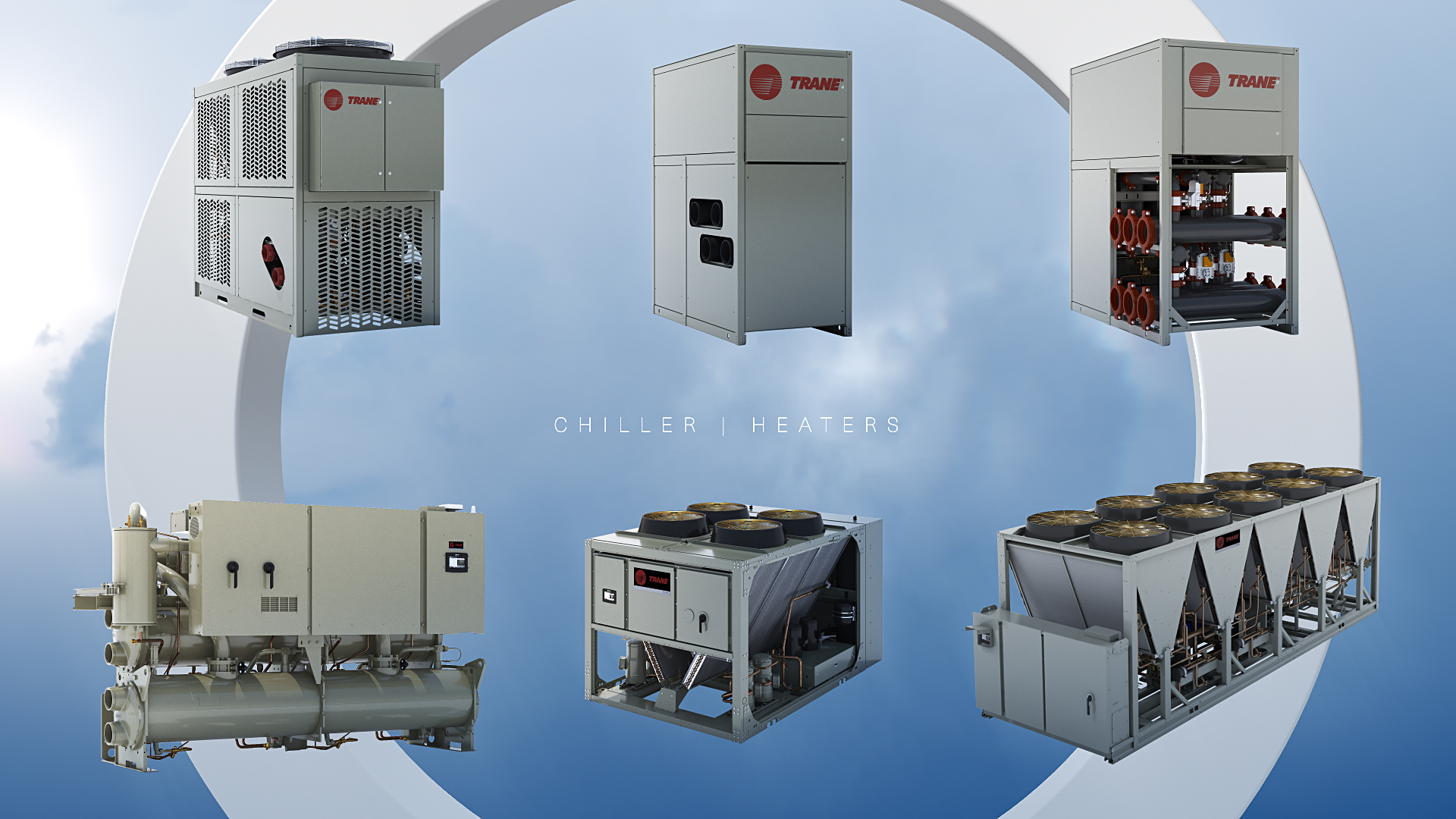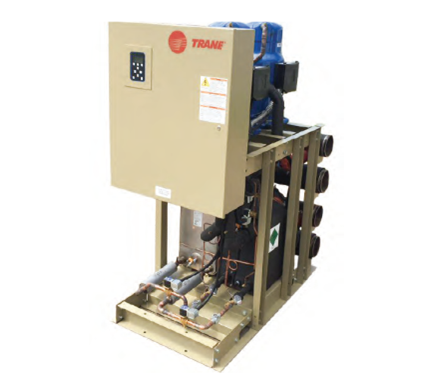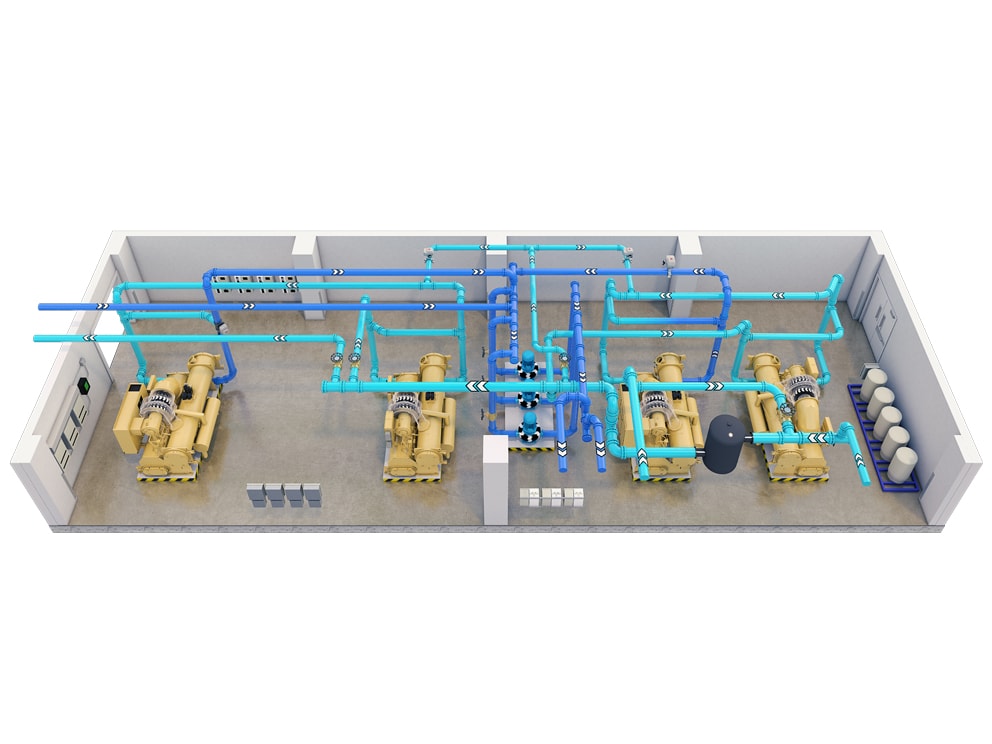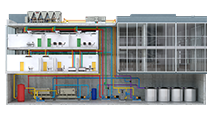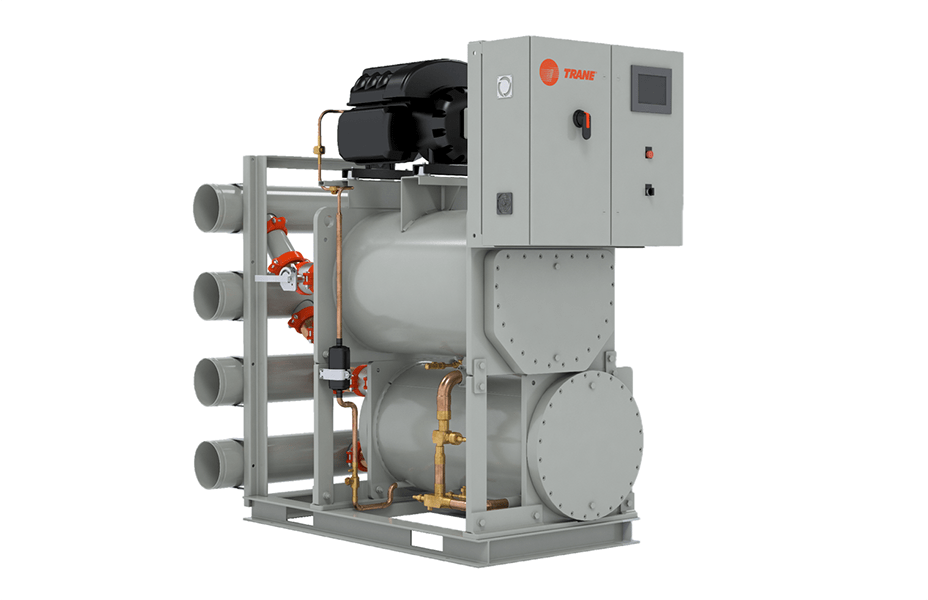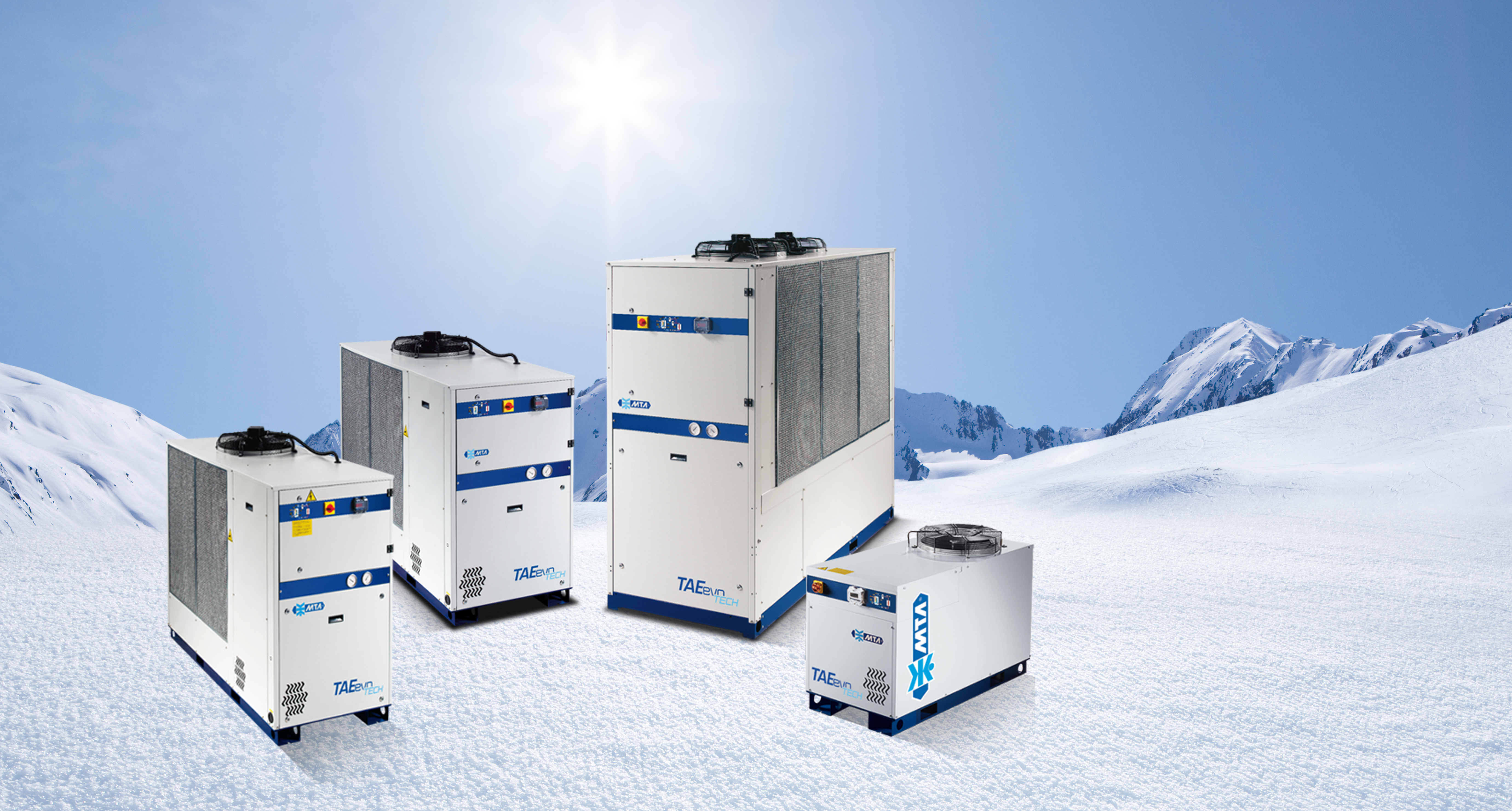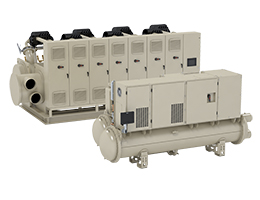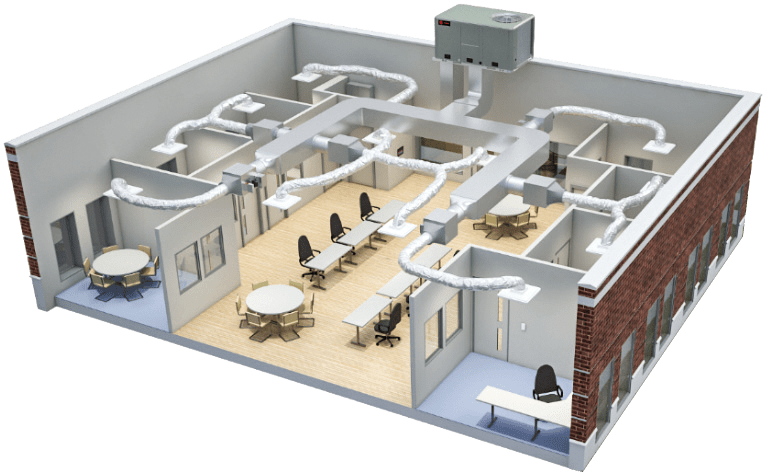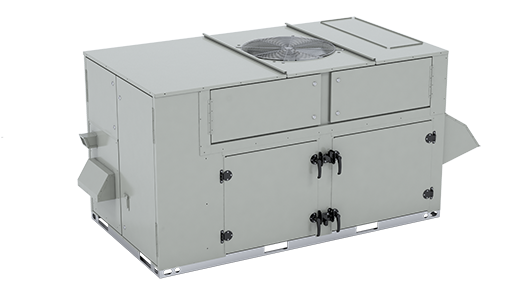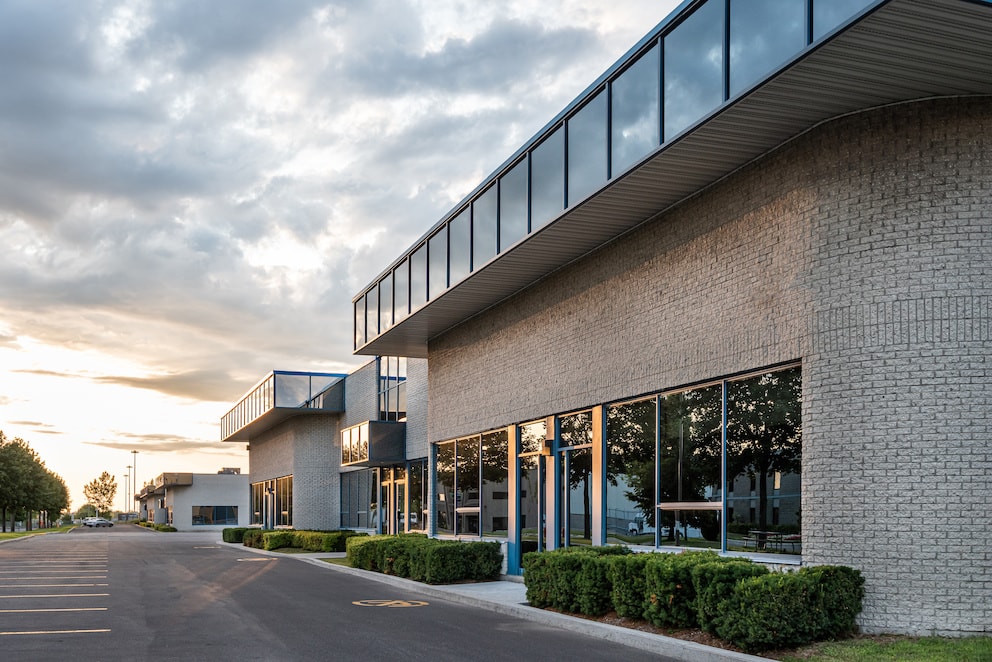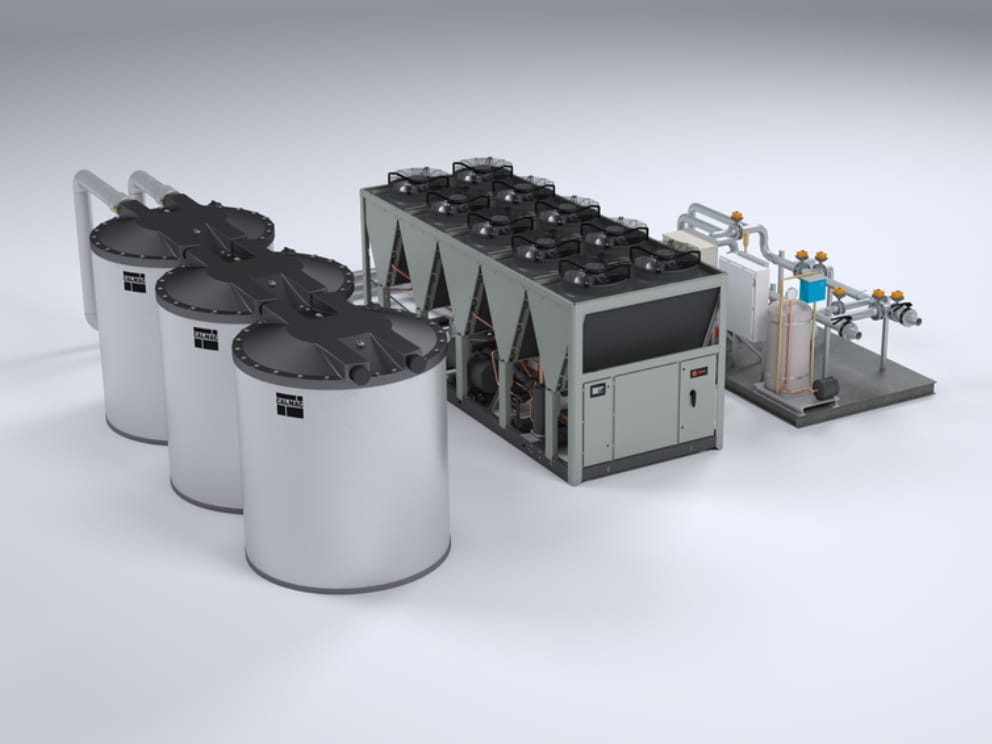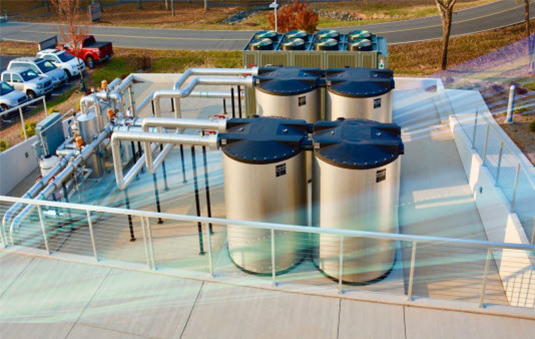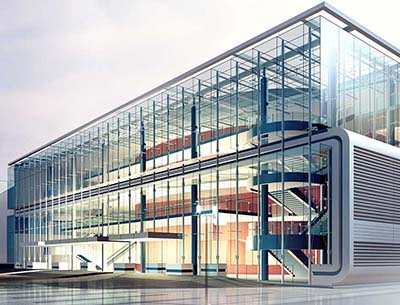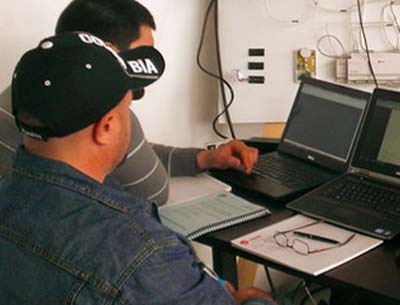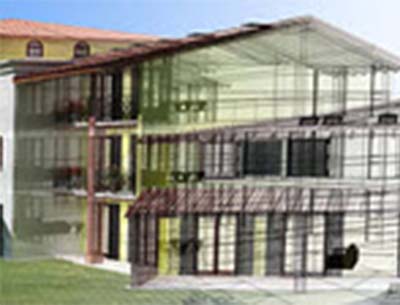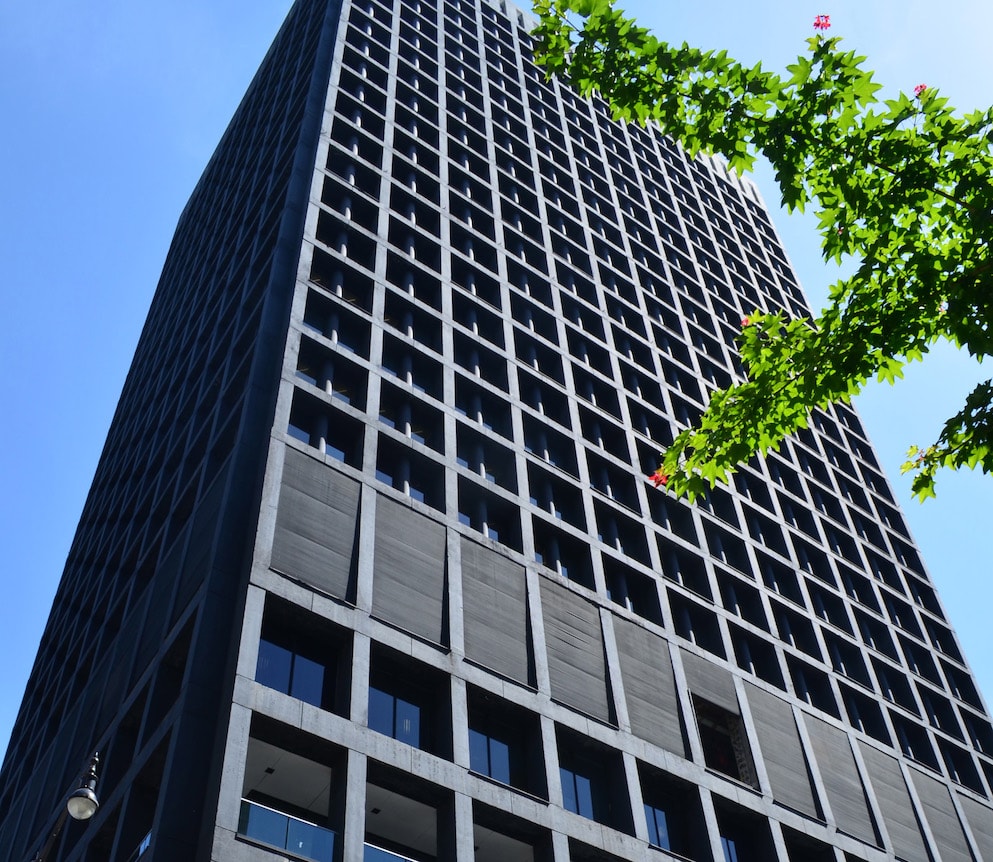Summary
The Institut Philippe-Pinel de Montréal was founded in 1970 at a time when legal psychiatry was a new science and the government was searching for new methods of managing psychiatric cases that were difficult to treat. The Philippe Pinel Institute has 292 beds and offers a complete range of specialized services to treat and rehabilitate psychiatric patients with serious mental problems who, in many cases, have violent histories and criminal records.
Challenge
The Quebec government set an aggressive goal to reduce energy consumption by 14 percent over a ten-year period. A government funded and operated facility, the Institut Philippe-Pinel de Montréal sought to align with the government objectives by upgrading its aging HVAC equipment to lower energy costs, reduce their environmental impact and improve comfort for patients and staff. The improvements were also needed to reduce rising equipment maintenance and repair costs.
The Quebec Ministry of Health offered special funding for sustainability projects with a payback period of seven years or less. The Philippe-Pinel Institut was challenged to design energy efficiency measures within this period in order to take advantage of the government programs.
Solution
After being selected for the Institut Philippe-Pinel upgrade project, Trane visited Pinel numerous times to determine the best energy conservation measures (ECMs) that would meet the seven-year payback requirement. Equipment, specifications and the sequence of operations were identified; and air and water balancing reports were reviewed.
Partnering with BPR Engineering, one of Canada’s largest full-service engineering firms, a preliminary energy audit was conducted. Using information collected from utility bills as a baseline, Trane Trace™ 700 software was used to analyze the current system, compare it to parallel facilities in similar climate conditions and determine effective solutions. Recommended ECMs included upgrades to the ventilation, heating, cooling and lighting systems. The energy savings were guaranteed by a Trane PACT agreement, the first Trane performance agreement to be issued in Quebec.
Upgrades reduce energy consumption
To accommodate a leaking cooling tower, the institute’s centrifugal chiller was started frequently to meet cooling demands. Instead of a costly repair, Trane recommended a cooling tower replacement and optimization of the chiller sequence to eliminate frequent startups of the second chiller.
A 1,000-ton cooling tower with galvanized steel tanks, new pump motors and energy efficient variable frequency drives was installed. The new tower increases the cooling tower heat rejection capacity and provides enough chilled water to allow Pinel to run only one chiller at a time. The solution provides redundancy and consumes less energy.
During the summer months, steam demand drops significantly, which left one of the institute’s three large boilers heavily underutilized. A new steam line and an energy efficient boiler were installed in the mechanical room to meet summer demands and minimize steam production. The boiler sequence was redesigned to include one electrical boiler to reduce natural gas consumption and greenhouse gas emissions. The electrical boiler will operate only during the off-peak hours when demand for electricity at Pinel is low.
A total of 3,800 T-12 fluorescent light fixtures with magnetic ballasts, representing 65 percent of the institute’s lighting fixtures, were replaced. The fixtures were upgraded to 28 W T-8 lamps and electronic ballasts to reduce energy use.
Controls optimization improves comfort, air quality Providing a healthy and comfortable indoor environment for staff and patients includes adequate temperature, humidity, fresh air and lighting. To meet these demands, the systems must respond properly to a set of rules, called regulatory sequences, that are managed by a centralized controller. All sequences were revised to maximize energy savings and improve occupant comfort and fresh air quality.
Customer awareness campaign plants 155 trees
In collaboration with the Institut Philippe-Pinel, Trane developed a customer awareness campaign called “40 years to Pinel, 40 Great Ideas How to Save Energy”. Employees were surveyed regarding ways to reduce energy usage at home and at work, and prizes were awarded for the best ideas. For each response, Trane donated money to the Carbon Outsourcing University to plant a tree. A total of $650 was donated and 155 trees were planted.
Results
Energy conservation measures implemented by Trane at Institut Philippe-Pinel de Montreal increased the comfort of staff and patients and resulted in more than $329,670 in first-year energy savings and a reduction in equipment maintenance costs of more than $8,800. The upgrades also met the institute’s seven-year payback period requirement, allowing them to qualify for additional funding from the Quebec government.
About Institut Philippe-Pinel de Montréal
"Alleviating suffering, countering violence" is Institut Philippe-Pinel’s unique mission.
